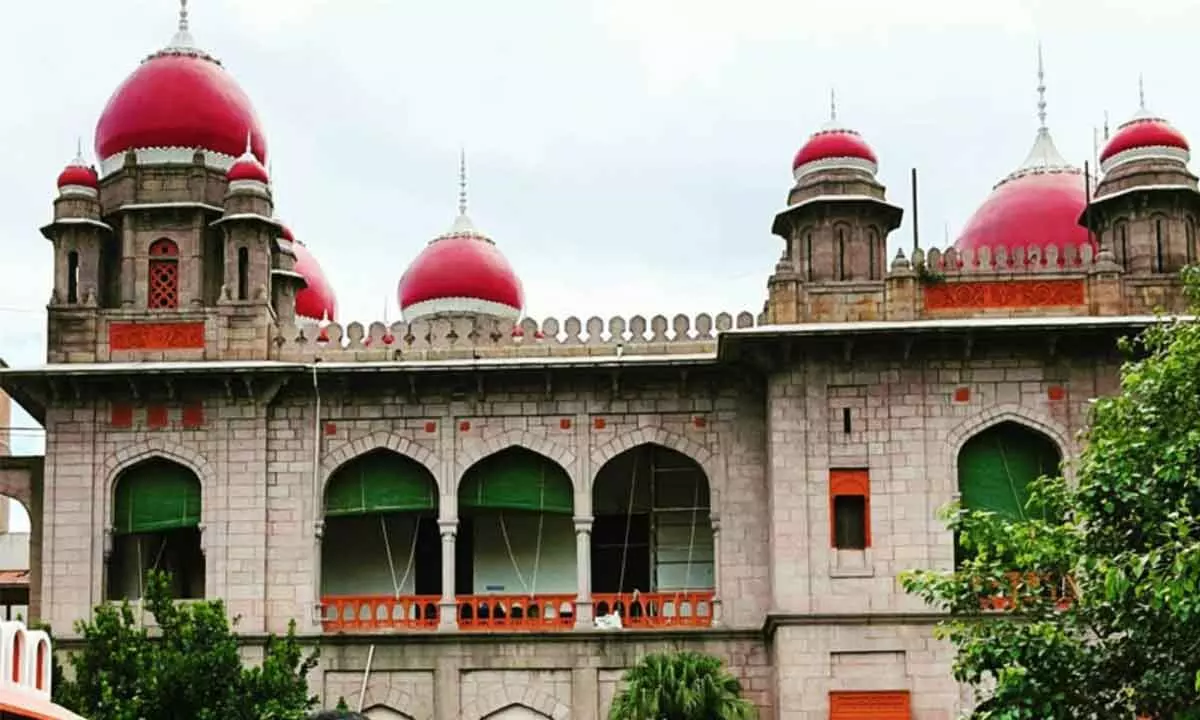The BRS working president, KT Rama Rao, spoke on Thursday about how attacks on Dalits and minority sections across the country are taking away civilization values and demeaning the country’s prestige internationally. He introduced a resolution stating that the party should progress with the spirit of separatist agitation to bring about a qualitative change in the country. Rao said that this type of attitude is not good for the country.
Rao also spoke about how despite vast cultivable lands and rivers, people in the country are still suffering from poverty due to the lack of vision and commitment from successive governments at the Centre. He highlighted that the country has abundant water with 70,000 tmcft flowing in rivers, but only 20,000 tmcft is being utilized while the rest is draining down into seas. Rao believes that if this water is used effectively, it can be supplied to all 41 crore acres of cultivable land in the country. He criticized the government for being mute spectators to the plight of farmers even as water is going to waste, resulting in a shortage of irrigated water.
Rao compared India to other smaller countries that have constructed big reservoirs. He pointed out that a small country like Zimbabwe has the world’s largest reservoir with 6,533 tmcft, while India should have at least two or three reservoirs of similar size. Due to the failure of Union governments to initiate farmer-friendly policies, many farmers are committing suicide in different states. Rao also highlighted that in many cities and towns, water is only being supplied once a week, reflecting the sorry state of affairs in the country.
Lastly, Rao spoke about how India, despite being replete with natural resources and being the world’s largest democracy, is still plagued with basic issues like provision of sufficient water for households and farmers, communal differences, unemployment, and lack of electricity. He alleged that public sector units were sold at throw away prices to corporates, and that the BJP government skipped the Census for the first time, with policies being framed based on the 2011 census.














